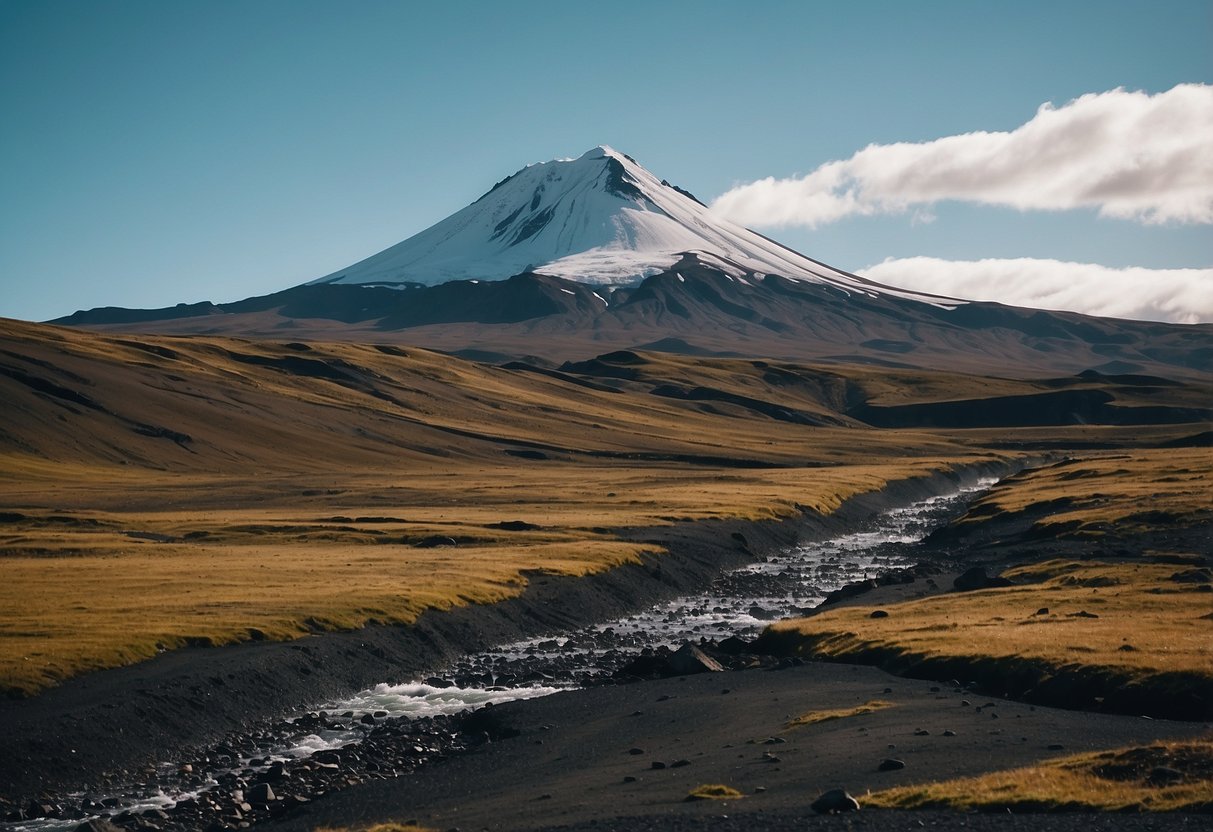
Sustainable Tourism in Iceland
Sustainable tourism in Iceland plays a crucial role in preserving the country’s unique landscapes and natural beauty. The capital, Reykjavik, leads the initiative by incorporating eco-friendly practices in its infrastructure and tourism services. Various tour operators in Reykjavik offer sustainable travel options, including electric vehicle tours and renewable energy-powered accommodations.
Many establishments across Iceland focus on reducing their environmental impact. Hotels and guesthouses implement energy-saving measures, recycling programs, and locally sourced food. These practices not only protect the environment but also support local communities and economies.
Travelers are encouraged to adhere to the principles of sustainable travel during their stay. This includes minimizing waste, respecting wildlife, staying on marked paths, and supporting eco-conscious businesses. Public transport and cycling are promoted as greener alternatives to car travel.
Nature reserves and national parks across Iceland emphasize conservation. Guidelines are provided to visitors to reduce their footprint and maintain the pristine condition of these sites. The country’s stunning glaciers and volcanoes are safeguarded through stringent environmental policies and community efforts.
Educational programs are available to inform both locals and tourists about sustainability. These initiatives aim to foster a culture of environmental stewardship, ensuring that Iceland’s natural wonders can be enjoyed by future generations.
Sustainable tourism not only enhances the visitor experience but also ensures the protection and preservation of Iceland’s natural treasures. Leading by example, Reykjavik and other regions demonstrate that ecological and cultural values can coexist harmoniously with tourism.
Practical Information for the Adventurous Traveler
Choosing the best time to visit Iceland and understanding key travel tips can enhance your experience dramatically. This guide provides essential information to ensure your trip is both enjoyable and efficient.
Best Time to Visit Iceland
Iceland offers unique experiences year-round, but the best time to visit depends on what you want to see and do. Summer, from June to August, is ideal for exploring the highlands and experiencing the Midnight Sun. During this period, the weather is milder, and facilities are fully operational. Reykjavik hosts various cultural events, making it an exciting time to visit the capital.
Winter, spanning from November to February, is perfect for those eager to witness the Northern Lights. While the temperatures can drop significantly, the stunning auroras make it worth braving the cold. The winter months also offer unique activities like ice caving and glacier hiking. Some roads may be closed due to snow, so plan accordingly.
Travel Tips and Resources
Traveling in Iceland requires some preparation to navigate its rugged landscapes efficiently. Renting a car is highly recommended to explore at your own pace, especially if you plan to visit remote areas. Most rental companies offer vehicles equipped for all terrains, essential for traversing Iceland’s diverse environments.
Investing in high-quality outdoor gear is crucial. Weather can be unpredictable, so layers, waterproof clothing, and sturdy hiking boots are necessary. In Reykjavik, numerous shops specialize in outdoor wear, providing suitable options for adventurers.
Utilizing resources like the Icelandic Met Office website for weather updates and road.is for current road conditions can prevent unexpected surprises. These platforms offer real-time information that is indispensable for safe travel. Additionally, familiarize yourself with Iceland’s emergency services by memorizing key contact numbers.
Embark on your Icelandic adventure with these practical tips, ensuring a safer and more enjoyable journey.